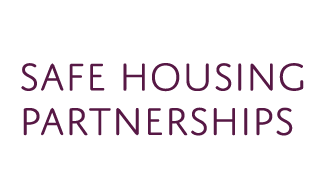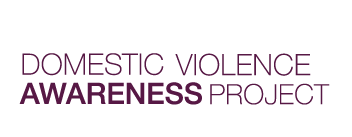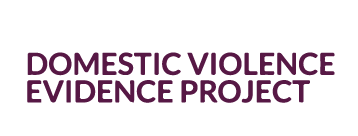
For over 25 years NRCDV has worked to strengthen the capacity of programs responding to domestic violence victims and their families by promoting effective public policy, institutional response and research, and engagement in prevention.
NRCDV was established in 1993 with funding from the U.S. Department of Health and Human Services (HHS). NRCDV operated as a national project housed within the structure of the Pennsylvania Coalition Against Domestic Violence (PCADV) until spinning off as an independent organization in 2011.
Today, through key initiatives and special projects, NRCDV works with many other organizations and partners who bring various expertise's, backgrounds, and perspectives, to improve community response to domestic violence and, ultimately, prevent its occurrence.
NRCDV focuses on working through comprehensive technical assistance, training, resource development. Together these three strategies and our key initiatives help us to facilitate a deeper focus on a particular issue or population. NRCDV’s project goals, objectives, approaches and activities are developed in response to feedback from the field and analysis of over 60,000 requests for assistance.











